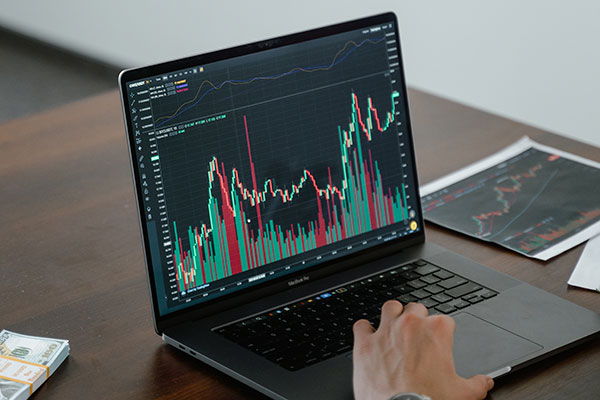
Global economic confidence hits 10-year high, says study
DUBAI, April 29, 2021
A new Global Economic Conditions Survey (GECS) of 2021 Q1 by ACCA (the Association of Chartered Certified Accountants) and IMA (Institute of Management Accountants) found the largest jump in global confidence in the last decade.
The GECS also shows a significant improvement between the 2020 Q4 survey conducted last December and the 2021 Q1 survey in March.
The authors note that the regulatory approval of several highly effective vaccines against COVID-19 and the subsequent introduction of vaccination plans in many countries has put a permanent solution to the health crisis within reach. Activity indicators covering orders, capital spending, and employment all increased to some degree in the first quarter of this year – closely mirroring the level of confidence in the last quarter of 2019 before the pandemic struck.
Hanadi Khalife, senior director of MEA & India operations at IMA, said: “The Q1 GECS report paints a much brighter picture than its immediate predecessor, with confidence rising by the most in the history of the survey. The approval and deployment of several effective vaccines has dramatically improved the prospects of an end to the COVID crisis. The findings paint a hopeful picture for further recovery in the global economy into the second half of 2021.”
“Having suffered the biggest recession for several decades in 2020, the global economy is on course for a relatively quick rebound,” said Michael Taylor, Chief Economist at ACCA. “The good news is that vaccination plans with continued policy support are on course to lift the global economy out of the COVID abyss this year.”
Raef Lawson, PhD., CMA, CPA, IMA vice president of research and policy, noted that the current path to global economic recovery differs from the financial crisis of 2007 to 2009, which resulted in a long period of subdued growth as private sector balance sheets were rebuilt through increased savings.
He said: “This crisis is different as its root cause is health and not economy. For now, global COVID-19 infections are high relative to vaccination rates, so risks remain significant. But activity indicators, such as orders, showed a strong relative increase for the Middle East and Africa region. There are likely to be permanent changes in the pattern of spending as one of the many long-term economic consequences of the Covid crisis.”
The 2021 Q1 findings also reveal that overall confidence and orders have improved in all regions, with the exception of Africa. The “fear” indices - concern about customers and suppliers going out of business - showed mixed results in this survey but both remain above long run averages, underlining continued heightened uncertainty. Additionally, near-term cost concerns showed an increase, reflecting higher commodity prices and other costs as the global economy recovers.
Confidence in the Middle East region increased modestly in Q1 but activity indicators, such as orders, showed a strong relative increase. Confidence was supported by a further rise in oil prices this year, touching $70 per barrel in March.
In addition, some countries in the region including the UAE and Bahrain are well advanced in vaccination schemes. Improved oil revenues and a relaxation from social restrictions suggest an economic recovery. To put that into context, last year, in the Middle East, Africa and Western Europe, over 40% did not expect significant economic recovery until Q4 this year or even later. – TradeArabia News Service







